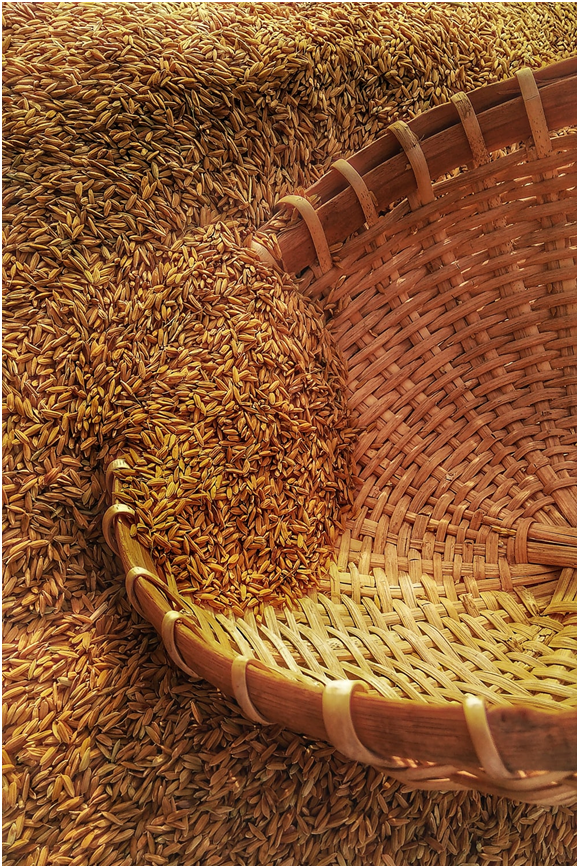I love all gut health topics and I strongly believe that any gut health conversation should start with fibre.

Fibre seems to be an often-forgotten topic. We are so focused on calorie counting, getting enough protein that we seem to forget how important fibre is. Westerners don’t get enough fibre in their diet – on average we consume 10 to 15 grams a day out of recommended 30 grams.
Just to explain how important getting enough fibre is – studies suggest that diet low in fibre can put us at risk of certain cancers, such as colorectal cancer. Research also suggest that getting enough fibre lowers our risk of cardiovascular disease. Eating high fibre foods will help you feel fuller for longer, which will help maintain or reduce your weight and avoid weight gain.
Let’s explain what fibre is. World Health Organization (WHO) classifies fibre as all plant-derived carbohydrates that cannot be digested or absorbed in our body. There are different types of fibre , such as cellulose and pectin. All fibre can be categorized into two groups: soluble and insoluble.
- Soluble fibre: found in foods such oats, flaxseeds, beans, lentils. It can help lower cholesterol and control your blood glucose levels. It can also help relieve both constipation and diarrhea, as it forms gel and makes stools easier to pass.
- Insoluble fibre: found in fruits, vegetables, wheat bran, bran cereals and wholegrain products. It will help to keep you regular.
Some fibre acts like a prebiotic – it is used by your gut bacteria and helps it to thrive. Main prebiotic fibre is inulin, which is found in cereals, fruits and vegetables.
How about fibre and bowel disease? People with irritable bowel syndrome, inflammatory bowel disease or diverticular disease are often afraid to consume enough fibre and unnecessarily limit amount of fibre they eat as they are afraid it may cause a “flare up”. Adequate fibre intake is recommended in all mentioned disorders. People who suffer from IBS might need to find a type of fibre that “works” best from them, either soluble or insoluble. Keeping food and symptom dairy is recommended to find out which type of fibre is best for you. People suffering from Crohn’s disease or Ulcerative Colitis should not routinely limit their fibre intake, as diet rich in wholegrains, fruits and vegetables is recommended. Limiting fibre intake might only be recommended in special circumstances, such as obstructions. Your IBD medical team will give you dietary advice you need. Lastly, people suffering from Diverticular Disease should follow diet rich in fibre to avoid flare ups called “diverticulitis”.
How to get enough fibre then? As I have mentioned, we should get about 30g of fibre a day. There is no recommended limit to how much fibre we should be eating. Try to have fibre -rich foods at each meal – Weetabix with fruit for breakfast, sweet potato with skin on for lunch and lentils at dinner time. Snack on fruits and vegetables with skin on as well as nuts and seeds. Add linseed to your yoghurt. Have fun with it and look forward to making your gut bacteria happy!
Useful Links
The following are useful links on fibre :
Recommended Products to help with fiber
To help you get to 30g of fibre per day in a natural way
Sevenhills Wholefoods Raw Chia Seeds
Healthy source of fiber
“As an Amazon Associate, I earn from qualifying purchases.”


